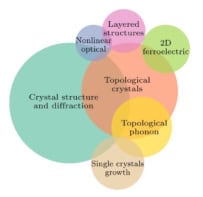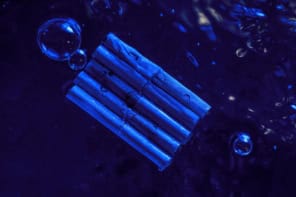
The US Department of Energy (DOE) has awarded $50m to a consortium of national laboratories and universities to develop sodium-ion batteries as a sustainable, low-cost alternative to lithium-ion technology.
Lithium-ion batteries currently dominate the electric-vehicle market and they are also used in smartphones and to store energy from renewable source such as wind and solar. Yet relying on a single battery technology such as lithium-ion creates dependencies on critical elements such as lithium, cobalt and nickel.
Sodium, however, is an abundant, inexpensive element and offers a promising way to diversify battery materials. The downside is that sodium-ion batteries currently store less energy per unit weight and volume than lithium-ion batteries.
The money from the DOE over the next five years will be used to create the Low-cost Earth-abundant Na-ion Storage (LENS) consortium. LENS will be led by Argonne National Laboratory and includes five other DOE national laboratories such as Brookhaven, Lawrence Berkely and Sandia as well eight US universities.
“By leading the LENS consortium, Argonne will push sodium-ion battery technology forward and contribute to a secure energy future for everyone,” notes Argonne director Paul Kearns. “Our scientific expertise and dynamic collaborations in this important field will strengthen US competitiveness.” Beyond the lithium-ion battery
The LENS consortium will now develop high-energy electrode materials and electrolytes for sodium-ion batteries as well as design, integrate and benchmark battery cells with the aim of creating high-energy, long-lasting batteries.
“The challenge ahead is improving sodium-ion energy density so that it first matches and then exceeds that of phosphate-based lithium-ion batteries while minimizing and eliminating the use of all critical elements,” says LENS consortium director Venkat Srinivasan.
- Venkat Srinivasan, William Mustain and Martin Freer appeared on a Physics World Live panel discussion about battery technology held on 21 November 2024, which you can watch online now




